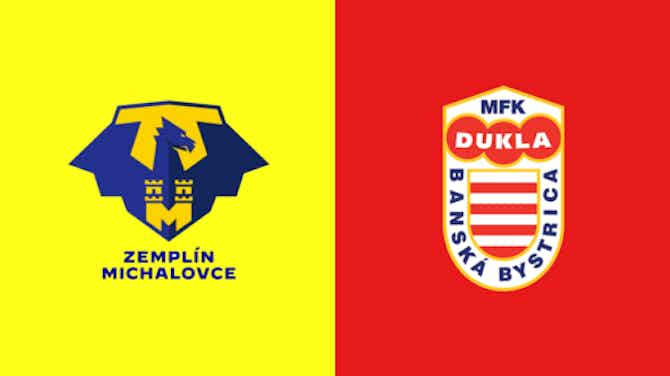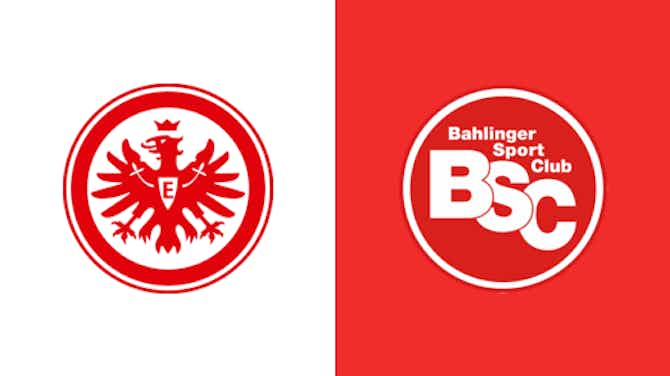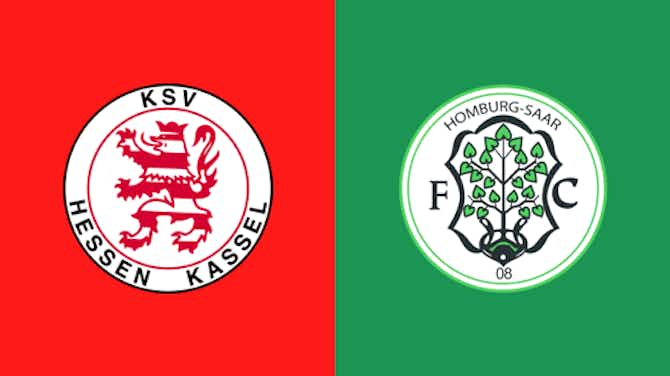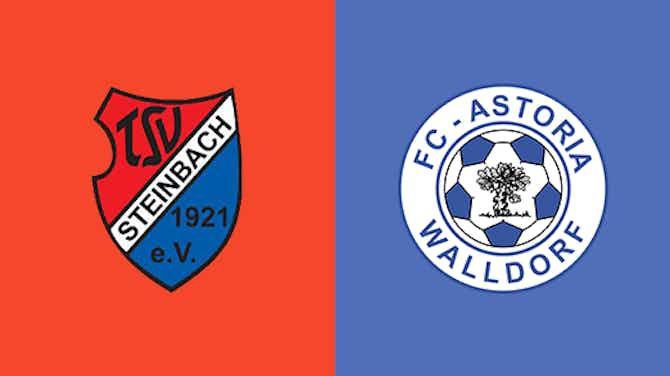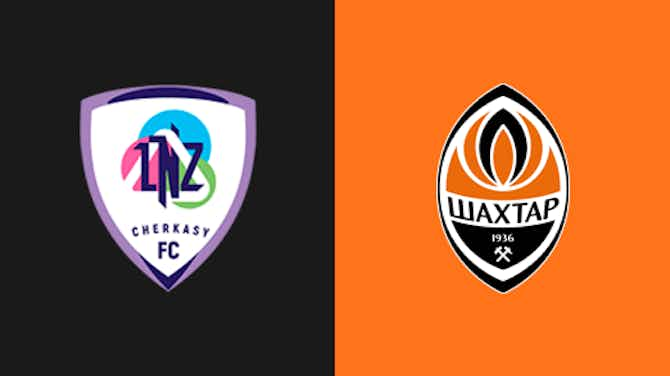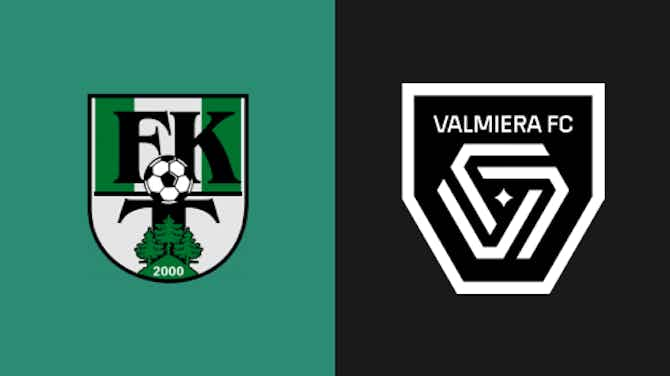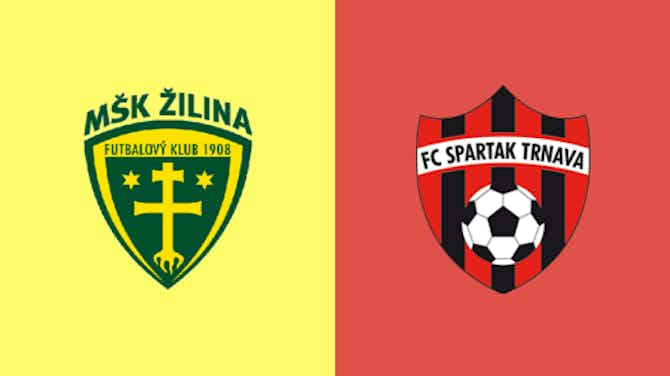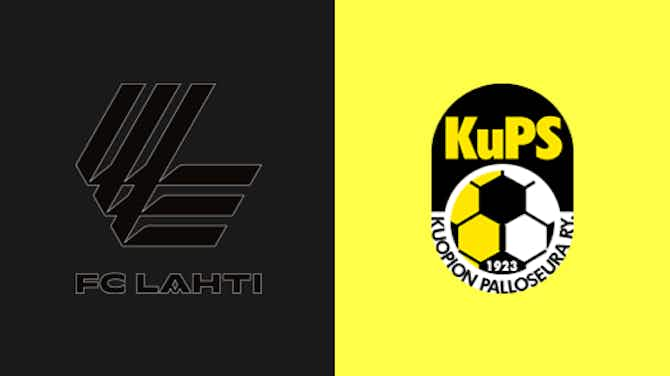Planet Football
·25 November 2021
‘It was priceless’: The inside story of Man Utd’s link with Royal Antwerp
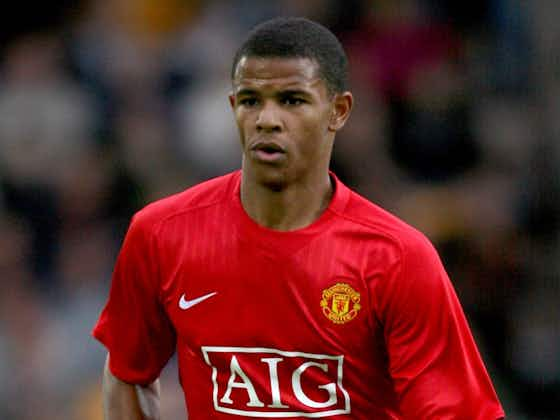
Planet Football
·25 November 2021

While Manchester United were busy winning the treble in 1999, two of the club’s young prospects had their own turbulent experience of European football.
Danny Higginbotham and Ronnie Wallwork were the test subjects for a link with Royal Antwerp, which saw more than 30 players sent on loan over the next 15 years.
The arrangement was designed to be mutually beneficial. Some of United’s most promising talents were exposed to regular first-team action at a young age, aiding their development, while Antwerp had access to the fruits of one of the world’s most productive academies.
Higginbotham and Wallwork were the first to head over in 1998. After a difficult start, they became key players as Antwerp reached the Belgian Second Division play-offs. But in the aftermath of defeat to La Louviere, they both confronted referee Amand Ancion in the tunnel.
Huge punishments were handed out, including a lifetime ban for Wallwork, who was accused of grabbing Ancion by the throat. After a long appeals process, this was reduced to a year and applied only to Belgian football, and Higginbotham had his suspension cut to four months.
Such an incident could have sunk the partnership, but the clubs stood by each other, and their bond was strengthened. Over the coming years, a steady stream of players headed to Antwerp in the hope of boosting their careers.
In December 1999, Luke Chadwick embraced the opportunity. “I was absolutely delighted. I was playing in the reserve team, so I jumped at the chance to play first-team football and experience life in another country. It was a really exciting time,” he says.
“They flew me out there to watch a game before I signed. It was amazing. The stadium’s quite old and there must have been about 15,000 fans there. There were flares, and it was like a proper European atmosphere. I’d never experienced anything like that. I couldn’t wait to get on the pitch.
“Two other lads [George Clegg and Kirk Hilton] were already out there when I went. They were two of my closest friends in the youth team, so we could support each other. I was buzzing. There wasn’t anything inside me thinking I didn’t want to go. Everything was positive.”
Antwerp were still looking to win promotion to the top flight, the Belgian Pro League, and Chadwick’s arrival had a huge impact. He came off the bench for his home debut at the ageing Bosuilstadion and contributed to a 5-0 thrashing of KFC Dessel Sport.
“I remember scoring a goal and the fans singing my name,” he says. “It was incredible. It was the first time I’d ever experienced that, and I wanted more of it. I just loved the home games in particular because the atmosphere was electric.”
Chadwick felt settled off the pitch too: “We lived in a hotel just on the outskirts of Antwerp city centre. George and Kirk could both drive so the club provided them with cars. It was a nice experience for three young lads. We were in a vibrant city, out playing football, doing what we loved. It was a really great time.
“The club provided us with everything we needed. They had a deal with an airline where they’d fly our families out for free. They were always supportive. It was a lovely little club. Antwerp was a great place to be, and it helped that we were on a good run.”
Quick, skilful and direct, opposition defences couldn’t cope with the young winger, who impressed as Antwerp closed in on the title. Soon established in the starting line-up, he adapted to a new style of play and notched a hat-trick against KV Kortrijk.
“It was completely different. Teams were so patient in their approach and would stay on the ball for long periods of time. It was all about possession, whereas the reserve team football I was playing was more direct,” explains Chadwick.
“I think I stood out a little bit, and was successful in Belgium, because of the way I played. There weren’t that many players like me, who’d run with the ball more or less every time they got it. That helped me get noticed.”
At the end of the season, with promotion secured, and ample proof that he could thrive in men’s football, Chadwick returned to Manchester full of confidence.
When United loaned him to Antwerp again, he took the step up to the Pro League in his stride until he was recalled in October.
“I was gutted at the time because I just assumed I’d be going back to play reserve team football,” he says. “I was disappointed and really wanted to stay. But I ended up playing a few games for the first team, so it worked out.
“I definitely learned to grow up, in terms of the off-the-field stuff. I think it was a priceless life experience to go and live in a different country, where you had to fend for yourself a little bit.
“As a footballer, it was that first experience of understanding that it’s a job. You’re getting paid to win games at the end of the week. It’s proper football and it means everything to these people. It’s got to mean the same to you if you want to stay in the game.”
Back at Old Trafford, Chadwick made 22 appearances as United retained the Premier League title. After what he’d achieved with Antwerp, he urged others to give it a try.
“John O’Shea went out there a little bit after I did, and I spoke to him about it. He was in the same youth team as me and he was just asking what my experience was like. I couldn’t encourage him enough. It was incredible,” says the 41-year-old, who retired from playing in 2015.
“I think all the lads who went out there, although some of them didn’t play in all of the games, would have it quite close to their hearts as a life experience and improving as a person.”
• • • •
• • • •
Six years later, Fraizer Campbell followed in Chadwick’s footsteps. Keen to prove himself, but with so many outstanding strikers ahead of him in the pecking order, he benefited from an enjoyable spell at Antwerp.
“It was another platform to educate young lads on the different types of football,” Campbell says. “United’s a massive club and there are a lot of games. It’s a taste of what’s to come in the future if you make it to the first team. You’re going to have to go up against teams that don’t follow that English style of play.
“I was a bit unsure at first because I thought it was just myself going and I was only 18. But, as it turned out, there were four of us, which made it a lot easier.
“There was me, Jonny Evans, Darron Gibson, and Danny Simpson. I’d been in the youth set-up with them for years so that was a big positive. It helped us adjust to life in a different country.”
Campbell hit the ground running, scoring six goals in his first six games in 2006-07. Antwerp were back in the second tier and expecting to challenge for promotion. Warren Joyce, who would go on to manage United’s reserves, was in charge.
“That bridged the gap and made it easier for the club to get reports on how we were doing out there,” he says. “Obviously, it was easier for us to know exactly what he wanted because sometimes the language barrier can be a problem. That helped us to integrate into the team.
“I enjoyed it. Everyone was really welcoming. Really nice. The squad we had was slightly older, so it was a bit daunting at first, thinking you’re going to be playing with all these men, and obviously you’re going to be taking some of their places, but we quickly settled in.”
Antwerp enjoyed an excellent first half of the season, tasting defeat just once. Campbell, Evans, Gibson and Simpson all played regularly and gained so much from the experience.
“It was the men’s game. It was competitive – stronger, quicker tempo. It was definitely a step up from what we’d been used to. But you need to test yourself at a young age and come up against other styles. I really enjoyed it and I think we learned a lot,” says Campbell.
“I learned to be aggressive and to tackle. That desire to win. When you’re playing youth football, you’ll lose a game and it’s not the end of the world, but the supporters over in Belgium were fanatical.”
• • • •
• • • •
The loanees also enjoyed living away from home together: “We stayed in a four-bedroom apartment in Schilde, which was just on the outskirts of Antwerp. It was nice. It wasn’t just the football side of it that we were learning.
“We had to learn how to cook for each other and for ourselves. Do our own washing and things like that. It was a full-on life experience. Not just becoming a footballer but being an adult.
“I’d only just learned to drive, and I was driving on the other side of the road. Trying to learn bits and bobs of a new language. Just getting used to different cultures and customs.”
Despite Campbell’s best efforts, Antwerp stumbled after the winter break, dropping to fourth, and were then beaten in the play-offs. But, on a personal note, it had been an excellent year, with 24 goals in 38 games making him top scorer and a fan favourite.
“I had a really good season. The fans were brilliant with me. They were chanting my name as I was walking down the street and trying to take pictures with me. It was a really happy experience because you don’t really get that in youth team football,” he says.
“We played the derby there, which was carnage. We had a little run in the cup. We made it to the play-offs, but I got injured. It could have been a brilliant end to the season, but I enjoyed every minute of it. I have some special memories from my time in Belgium.”
The move launched Campbell’s professional career, which has since taken him to Sunderland, Crystal Palace, Cardiff City and now Huddersfield Town, as well as an England cap in 2012. Immediately after making his mark at Antwerp, he helped fire Hull City to the Premier League.
“It was definitely worth it, but you need a bit of luck,” he adds. “There are many bad loan deals, and many good ones too. It’s better than staying and playing in the youth system because you don’t really test yourself in an adult situation, with something on the line.
“You come back off that first taste of competitive men’s football and we’d done really well. Having that little taste and that bit of success set me up nicely. It made me hungry for more.”
Few of the loanees performed as well as Chadwick and Campbell, who are still fondly remembered by supporters. Some struggled with the change of scenery and played just a handful of games, but they were all exposed to new and different experiences.
If nothing else, the link between United and Antwerp was an interesting experiment, soon copied by several other clubs. Arsenal joined up with another Belgian side, Beveren, and Chelsea had a similar arrangement with Vitesse. Like the one that sparked it all, both were controversial, including accusations of vested interests and distorting domestic competition.
Italian midfielder Davide Petrucci was the last player to be loaned out in September 2013 before the clubs went their separate ways.
While United’s search for a post-Alex Ferguson identity continues, Antwerp seem to have found theirs. They won promotion to the Pro League in 2017 and finished second behind Club Brugge in 2021.






